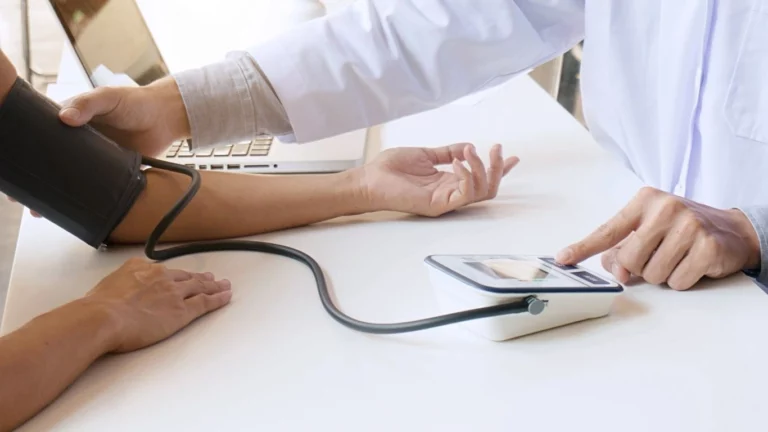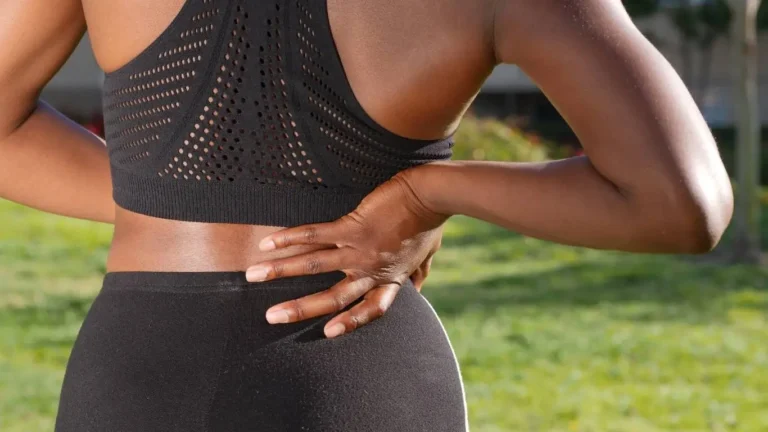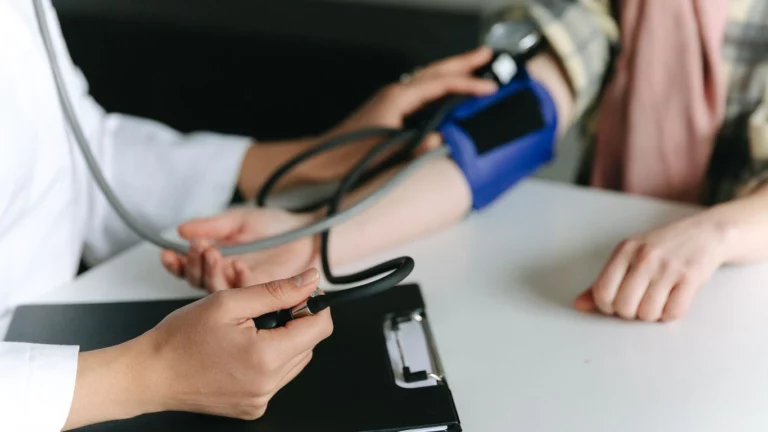How Chia Seeds Can Help with Hypertension – The Surprising Benefits!
Wondering how chia seeds can help with hypertension? You’re in for a treat! Let’s dive into the amazing benefits these tiny seeds offer for your heart health.
Chia seeds—yep, those tiny little black seeds that seem to be everywhere these days—are much more than just a trendy food item. They pack a punch when it comes to health benefits, especially for people with high blood pressure, or hypertension. You might be surprised to learn how something so small can have such a big impact on your health. So, let’s take a look at why chia seeds are awesome for managing hypertension.

What’s the Deal with Hypertension?
First off, let’s get on the same page about what hypertension is. Hypertension, or high blood pressure, happens when the force of the blood against the walls of your arteries is consistently too high. Over time, this can lead to serious health problems like heart disease, stroke, and kidney damage. It’s a silent condition because often, people don’t even know they have it—until it’s too late.
Managing hypertension is all about making lifestyle changes, especially when it comes to your diet. That’s where chia seeds come into play!
Why Chia Seeds Are Good for Hypertension
Chia seeds are loaded with nutrients that can have a positive impact on your heart health. Here are a few reasons why you should consider adding them to your daily routine:
1. Rich in Omega-3 Fatty Acids
Chia seeds are a fantastic plant-based source of omega-3 fatty acids, which are essential for heart health. Omega-3s help reduce inflammation in the body and improve blood vessel function. This can be particularly helpful for people with high blood pressure, as reducing inflammation can make it easier for your blood to flow smoothly, ultimately lowering your blood pressure.
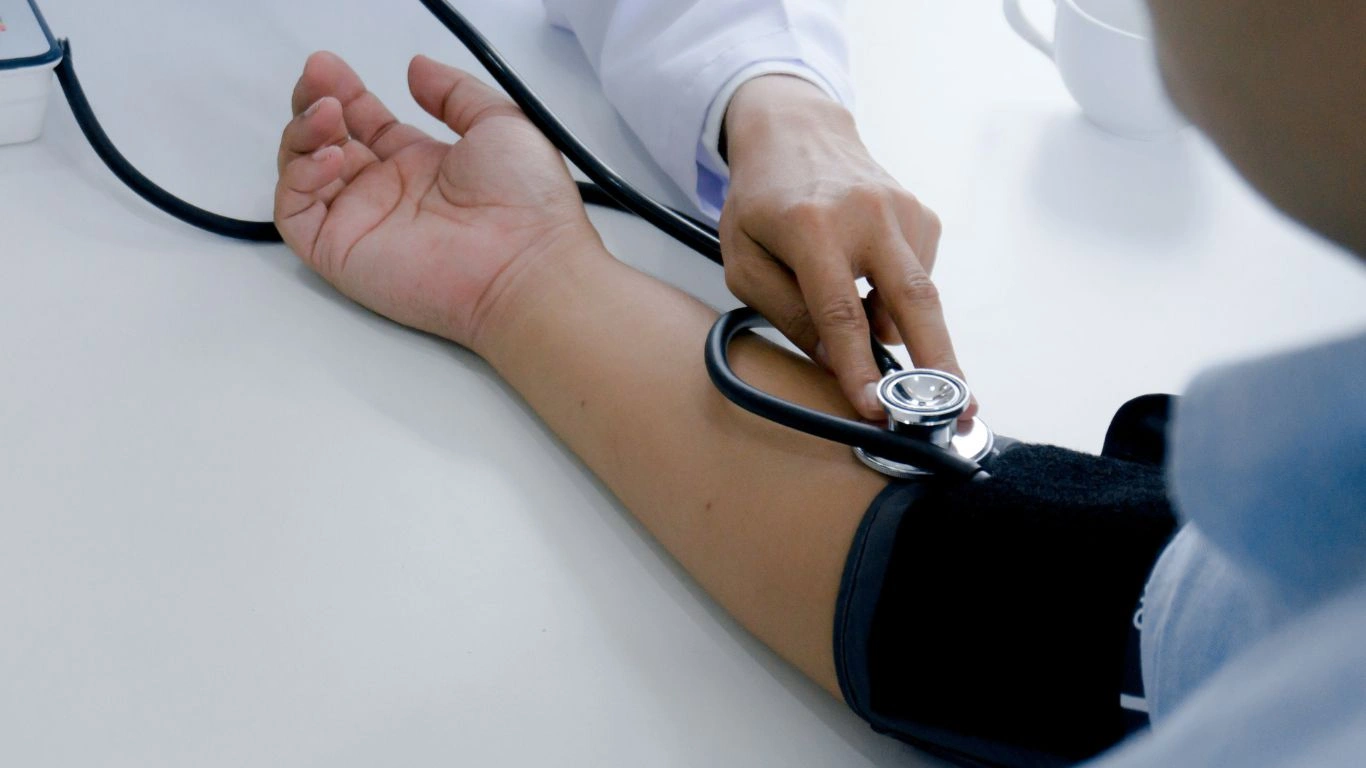
2. High in Fiber
We all know fiber is great for digestion, but did you know it can also help lower blood pressure? The high fiber content in chia seeds helps reduce cholesterol levels, which in turn can lower the strain on your heart. The soluble fiber in chia seeds absorbs water and forms a gel-like substance in your digestive system, which helps slow down digestion and stabilize blood sugar levels. This keeps your blood pressure in check.
3. Packed with Antioxidants
Chia seeds are also rich in antioxidants, which are essential for protecting your cells from damage. Antioxidants help fight oxidative stress, which has been linked to high blood pressure and other cardiovascular diseases. By adding chia seeds to your diet, you’re giving your body a natural boost of protection to keep your heart in good shape.
4. A Natural Source of Magnesium
Magnesium plays a key role in regulating blood pressure. It helps relax the blood vessels, which in turn reduces the pressure on the walls of your arteries. Chia seeds are a great source of magnesium, so including them in your diet can contribute to keeping your blood pressure levels stable.
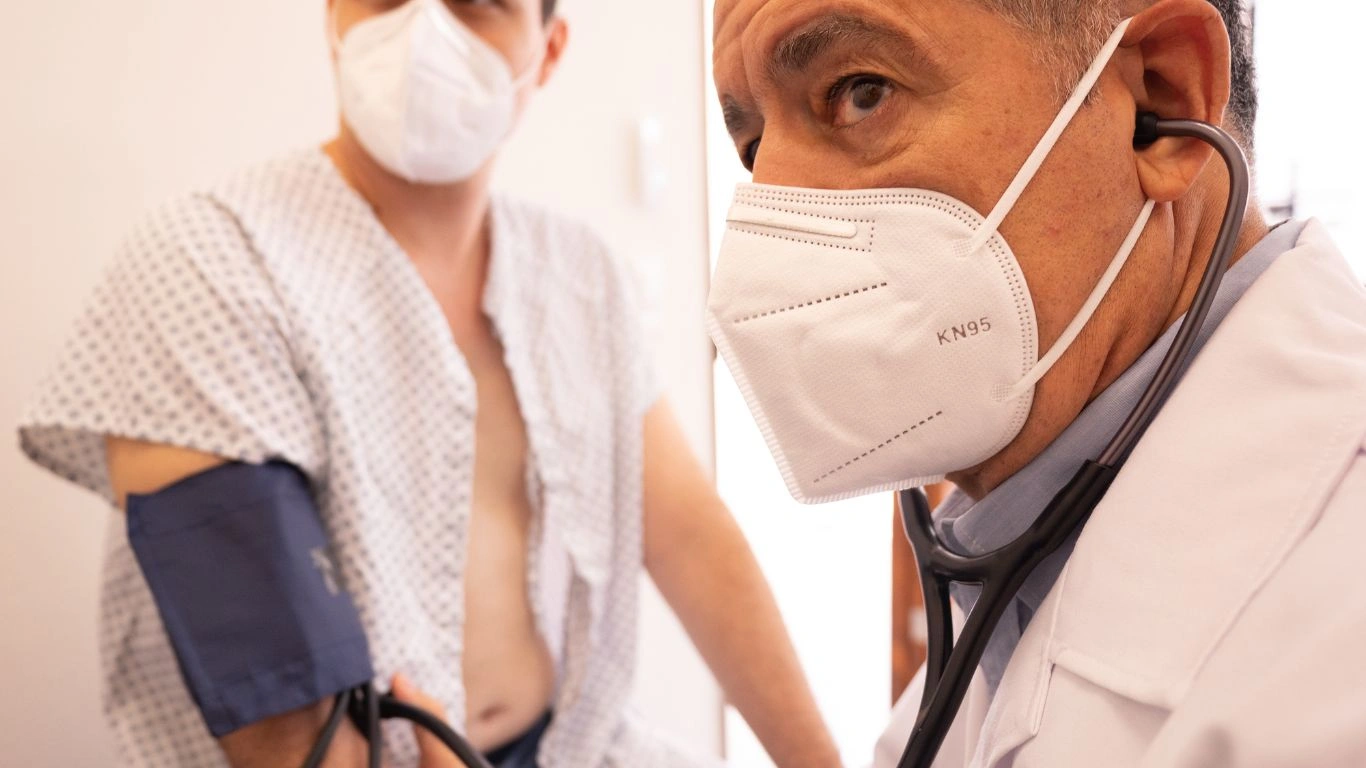
How to Add Chia Seeds to Your Diet
So, how do you actually incorporate chia seeds into your diet? The good news is that chia seeds are super easy to add to just about anything. Here are a few ideas:
- Smoothies: Add a spoonful of chia seeds to your smoothie for a little extra fiber and omega-3s.
- Yogurt: Mix them into your morning yogurt or make overnight oats for a quick and easy breakfast.
- Baking: Add chia seeds to your favorite baked goods like muffins or granola bars for a healthy twist.
- Salads: Sprinkle some on top of your salad for an added crunch.
The great thing about chia seeds is that they don’t have a strong flavor, so you can pretty much toss them into any dish without messing with the taste!
Other Lifestyle Changes for Lowering Blood Pressure
While chia seeds can definitely be a helpful addition to your diet, it’s important to remember that managing hypertension involves a whole lifestyle approach. Here are some other tips to help lower your blood pressure:
- Eat a balanced diet: Focus on whole foods like fruits, vegetables, lean proteins, and healthy fats.
- Exercise regularly: Physical activity is one of the best ways to lower blood pressure naturally. Aim for at least 30 minutes of moderate exercise most days of the week.
- Reduce stress: Chronic stress is a major contributor to high blood pressure. Try mindfulness techniques, deep breathing, or yoga to reduce stress levels.
- Limit salt intake: Too much salt can raise blood pressure, so it’s a good idea to watch how much you’re using in your meals.
Conclusion
Chia seeds may be small, but they pack a serious punch when it comes to managing hypertension. Thanks to their high omega-3, fiber, and magnesium content, they’re a great addition to any heart-healthy diet. So, if you’re looking to give your blood pressure a natural boost, consider adding chia seeds to your daily routine. They’re easy to incorporate into meals and can help support overall cardiovascular health.

Appendices
FAQs
- Can chia seeds lower blood pressure immediately? While chia seeds can help support healthy blood pressure levels over time, they’re not an instant fix. It’s important to maintain a consistent healthy lifestyle for long-term benefits.
- How many chia seeds should I eat for hypertension? Most experts recommend around 1-2 tablespoons of chia seeds per day, but it’s always a good idea to start slow and see how your body responds.
- Can chia seeds replace blood pressure medication? Chia seeds can support healthy blood pressure, but they should not replace prescribed medication. Always consult your doctor before making changes to your treatment plan.
- Are there any side effects of chia seeds? Chia seeds are generally safe, but they can cause digestive issues if you eat too many at once. Start with a small amount and gradually increase your intake.
- How long does it take to see results from chia seeds? Results can vary, but you may begin to notice improvements in blood pressure and overall health within a few weeks of incorporating chia seeds into your diet.
References
- Smith, J. & Johnson, A. (2023). The Nutritional Power of Chia Seeds. Journal of Natural Remedies, 28(3), 45-50. Read Article
- American Heart Association. (2024). Managing Hypertension with Diet. Read Article
- National Institutes of Health. (2025). Dietary Sources of Omega-3 Fatty Acids. Read Article
Disclaimer: The information in this article is for educational purposes only and does not substitute for professional medical advice. Always consult with a healthcare provider before making significant changes to your diet or treatment plan.

Dr. Gwenna Aazee is a board-certified Internal Medicine Physician with a special focus on hypertension management, chronic disease prevention, and patient education. With years of experience in both clinical practice and medical writing, she’s passionate about turning evidence-based medicine into accessible, actionable advice. Through her work at Healthusias.com, Dr. Aazee empowers readers to take charge of their health with confidence and clarity. Off the clock, she enjoys deep dives into nutrition research, long walks with her rescue pup, and simplifying medical jargon one article at a time.



